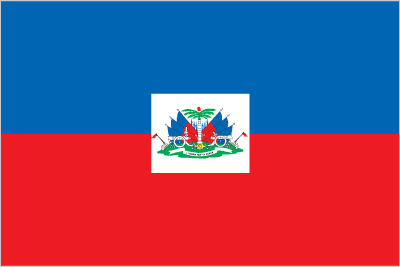
Source: World Bank
Unless you’re a citizen of the Dominican Republic, Colombia, Panama or China, no visa is needed to visit Haiti, just a passport valid for six months and a return ticket. Your entry stamp entitles your to stay for up to 90 days. You’ll also be given a green entry card to be produced on departure from Haiti – don’t lose this.
Banks are usually open from 8:30am to 1pm weekdays, with larger branches also open from 2pm to 5pm weekdays. Shops and offices usually open at 7am and close at 4pm weekdays, often closing earlier on Friday; most shops are also open on Saturday. Government offices are open 7am to 4pm weekdays, closing for an hour at midday.
Local restaurants open for food around 8am, with lunchtime being the busy period; they generally close around 9pm. More expensive restaurants keep more traditional hours; they often close in the afternoon, but are open as late as 11pm. Many restaurants are closed on Sundays.